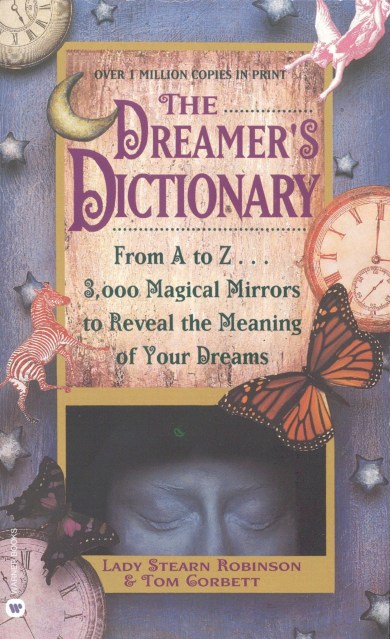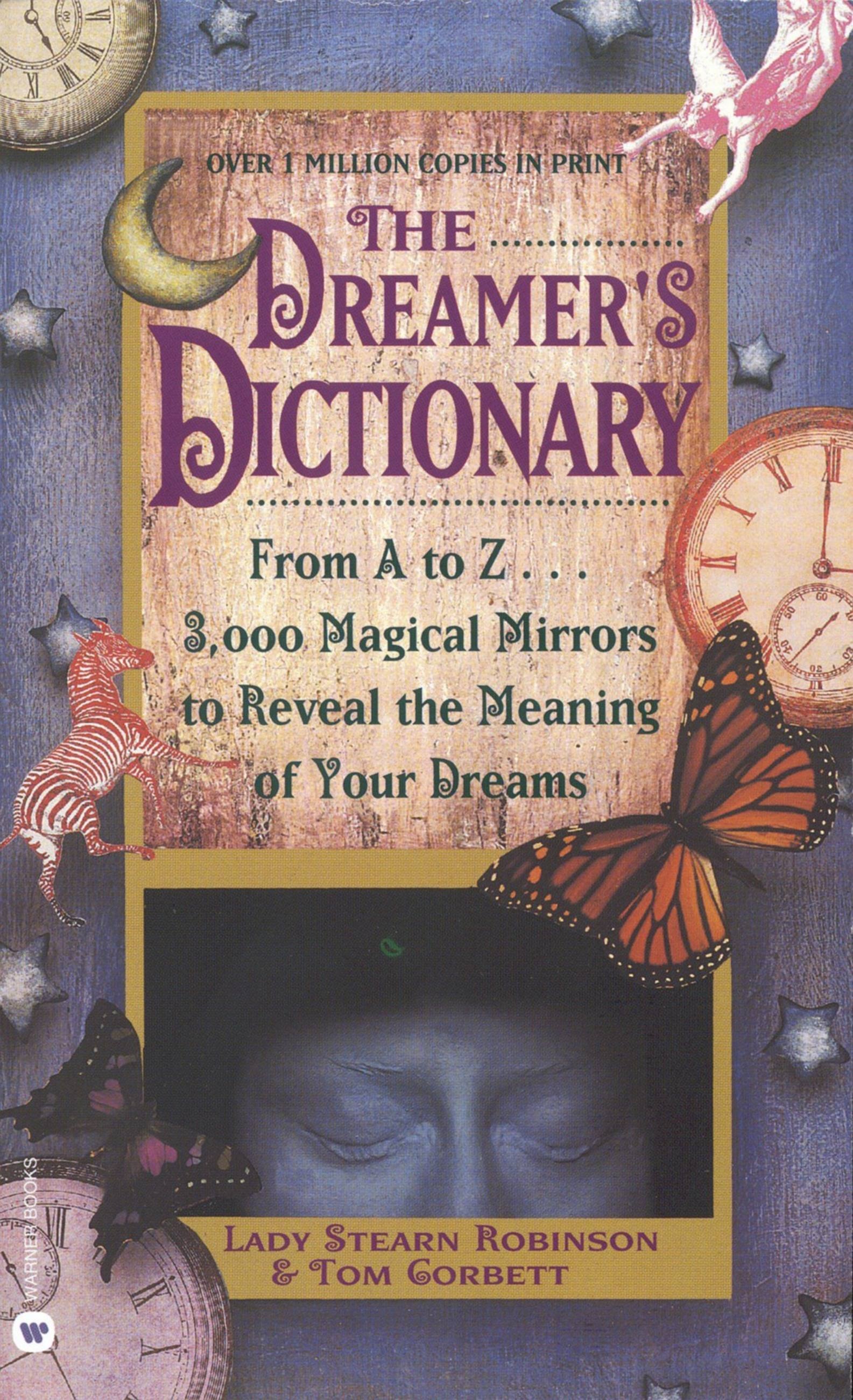Promotion
Use code MOM24 for 20% off site wide + free shipping over $45
Dreamer's Dictionary
Contributors
By Stearn Robinson
By Tom Corbett
Formats and Prices
Price
$8.99Price
$11.99 CADFormat
Format:
- Mass Market $8.99 $11.99 CAD
- ebook $7.99 $9.99 CAD
This item is a preorder. Your payment method will be charged immediately, and the product is expected to ship on or around February 11, 1986. This date is subject to change due to shipping delays beyond our control.
Also available from:
Dreams–they belong to our most intimate experiences. In dreams, our memories, the events of the day, and our fears and expectations for the future mingle in strange and baffling ways to challenge our understanding. Now this amazingly complete, alphabetically arranged bedside reference–the result of years of meticulous research through ancient and modern sources–offers clear, authoritative, and instant insight into the astonishing meaning of your dreams.
Did you dream :
- Flowers?… If they were fresh, expect a happy occasion.
- Driving?… If you were at the wheel, watch your wallet!
- Movies?… If you didn't like the show, beware of insincere friends.
- Soap?… If it was scented, you'll find happiness in love.
Genre:
- On Sale
- Feb 11, 1986
- Page Count
- 384 pages
- Publisher
- Grand Central Publishing
- ISBN-13
- 9780446342964
Newsletter Signup
By clicking ‘Sign Up,’ I acknowledge that I have read and agree to Hachette Book Group’s Privacy Policy and Terms of Use







